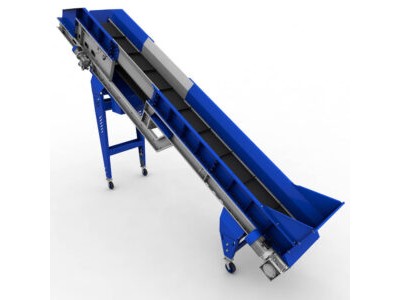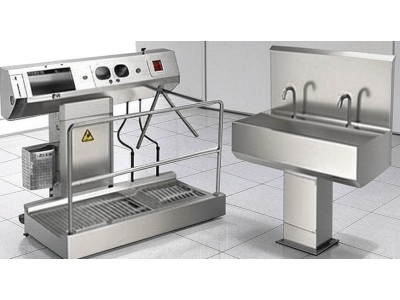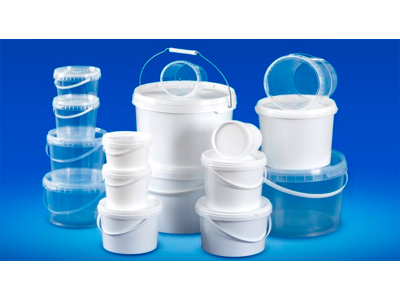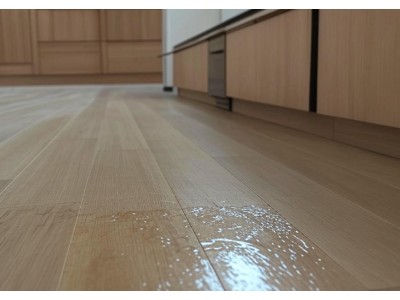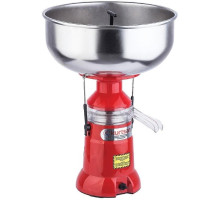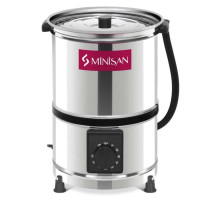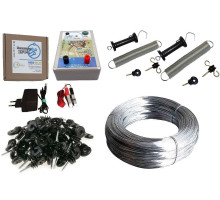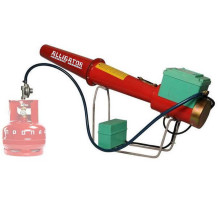Calling a veterinarian at home in Ukraine: when is it necessary and how to prepare
Taking care of the health of a pet is one of the main responsibilities of its owner. A sudden illness, injury or a planned procedure often raises questions: should I take my pet to the clinic or is it better to call a veterinarian to my home by calling VetCall24? In modern veterinary practice, a doctor's visit to your home is becoming an increasingly popular service, offering comfort for the animal and convenience for its owner. This service allows you to receive qualified veterinary care in a familiar environment for your pet, minimizing the stress of transportation and waiting in line. This is especially true for large, timid, or seriously ill animals, for whom a trip to the clinic can be a real challenge.
Benefits of veterinary care at home
Calling a veterinarian to your home is not just a convenience, but often a necessity. Let's consider the key advantages of this format of veterinary services.
Reducing stress for your pet
For many animals, a trip to the veterinary clinic is a serious stress. Unfamiliar smells, the presence of other, often frightened animals, a strange environment - all this can cause anxiety and even aggression in your pet. In a state of stress, diagnosis becomes more difficult: the heartbeat and breathing become faster, the temperature rises, which can distort the clinical picture. Examination in familiar home conditions is much calmer, allowing the doctor to make a more accurate diagnosis and establish contact with the patient.
Time saving and convenience for the owner
The modern rhythm of life does not leave much time. Traveling to the clinic and back, waiting in line - all this can take several hours. Calling a doctor at home allows you to plan your day and get the necessary help at a time convenient for you. This is especially valuable for owners of several animals or those who do not have personal transport.
Safety in the face of infection
A veterinary clinic, like any medical institution, is a place where various infections are concentrated. Although conscientious clinics conduct regular disinfection, the risk of your pet coming into contact with a sick animal still exists. This is especially dangerous for small puppies and kittens that have not yet completed a full course of vaccinations, as well as for animals with weakened immunity. 24-hour veterinary care at home eliminates this risk.
What services can a veterinarian provide at home?

The range of services provided on-site is quite wide and covers most of the needs of pets, from preventive measures to emergency care.
Diagnosis and therapy
The initial examination is the basis of any diagnosis. The doctor can assess the general condition of the animal, measure the temperature, listen to the heart and lungs, and palpate the internal organs. Many therapeutic manipulations are also available at home:
- Injections (injections to a dog or cat at home).
- Setting up drips.
- Wound treatment and dressing.
- Cleaning ears and eyes.
- Consultation on treatment and care.
Preventive procedures
Planned activities aimed at supporting your pet's health can be conveniently carried out at home.
- Vaccinate your dog and cat at home. Vaccinate on schedule without the stress of traveling.
- Microchipping. Implantation of a microchip to identify an animal, which is necessary for traveling abroad.
- Taking tests. The doctor can take blood, urine, and scrapings for laboratory tests. This greatly simplifies the diagnosis, because you don't have to take your pet to the clinic just to give biomaterials.
Surgical interventions
Some simple operations can be performed at home, provided that the rules of asepsis and antiseptics are followed.
- Castration of a cat at home. One of the most common outpatient surgeries.
- Sterilization of a cat at home. It is performed using modern and safe anesthesia methods.
- Opening abscesses, suturing small wounds.

Emergency veterinary care and funeral services
In emergency situations where minutes count, emergency veterinary care at home can save your pet. Symptoms that require immediate medical attention include:
- Sharp deterioration of condition, lethargy, refusal of food and water.
- Difficulty breathing, wheezing, coughing.
- Repeated vomiting or diarrhea.
- Convulsions, fainting.
- Signs of poisoning.
- Injuries, bleeding.
Unfortunately, sometimes the disease is more severe, and owners are faced with a difficult decision. Humane euthanasia at home allows a pet to go free of pain and fear, surrounded by a loving family. It is a dignified and compassionate way to end the suffering of a terminally ill animal.
When is it necessary to call a veterinarian at home?
There are situations when a visit to the clinic is not just undesirable, but impossible or dangerous.
- The pet's serious condition. If the animal cannot move independently, is in severe pain, or is in a state of shock, transportation can increase its suffering and worsen the prognosis.
- Aggressive or fearful animal. For a cat or dog that is terrified of the street or other animals, a house call is the only way to get veterinary care without serious psychological trauma.
- Keeping multiple pets. If you have multiple animals and they all need routine checkups or vaccinations, calling one doctor to your home will be cheaper and easier than organizing a trip to the clinic for everyone.
- Postoperative care. Veterinary care at home is necessary to monitor the animal's condition after surgery, treat stitches, and follow up on appointments.
How to prepare for the arrival of the veterinarian?
To make the doctor's visit as efficient as possible, the owner should prepare in advance.
- Prepare information. Formulate in advance and, if necessary, write down everything that concerns you about your pet's condition. Remember when the symptoms began, what the animal's appetite and bowel movements are, whether there have been similar problems before. Prepare a veterinary passport with vaccination records.
- Provide access to your pet. If you have a shy cat, it is better to lock it in the room where the examination will take place in advance so that you do not have to catch it all over the apartment. For an aggressive dog, prepare a muzzle.
- Prepare the area for the examination. The doctor will need a well-lit, clean area. This is usually a table covered with a clean cloth or oilcloth.
- Ensure cleanliness. Remove and wash the tray before collecting urine samples.
- Be prepared to help. The doctor will likely need your help to hold the animal still during the examination or procedure.
Price question: how much does it cost to call a veterinarian at home in Ukraine?
The cost of calling a veterinarian to your home depends on several factors: the city (for example, a veterinarian to your home in Kyiv may cost more than in other cities), the time of day (a night call is usually more expensive), the remoteness of your home, and the set of necessary services. As a rule, the price list includes:
- The cost of the call itself. This is the fee for the doctor's visit.
- Cost of examination and consultation.
- Cost of manipulations and medications. Each procedure (injection, IV, wound treatment) and medications used are paid separately according to the price list.
Although the total amount may seem higher than when visiting a clinic, it is worth considering the savings on taxi fares, especially if it is a large dog, and the absence of risks to the pet's health. Specify the approximate cost of services at the stage of a telephone conversation with the administrator to avoid misunderstandings. Many services that provide veterinary services at home have detailed price lists on their websites.
Finally, calling a veterinarian to your home is a modern, humane and effective way to take care of the health of your four-legged friend. It allows you to avoid stress, save time and get qualified help in a comfortable and safe environment. By choosing a good veterinarian based on reviews and trusting him with your pet, you ensure his long and healthy life.


